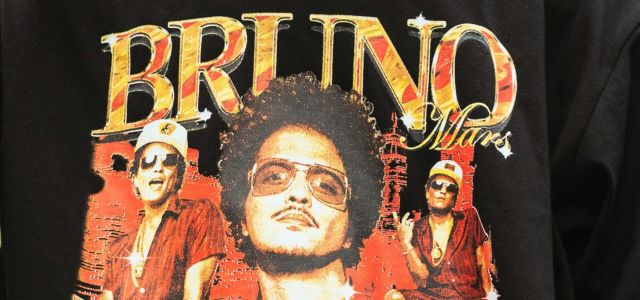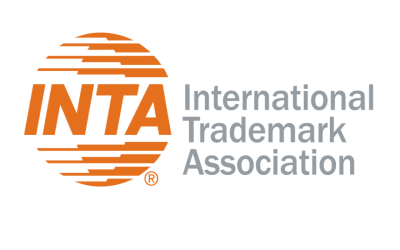The hit song ‘Flowers‘ by superstar Miley Cyrus was released 10 years after ‘When I Was Your Man‘ by internationally renowned recording artist Bruno Mars in 2013. While both are prize winners, Flowers was recognized most recently as Record of the Year at the 2024 Grammys and won Best International Song at the Brit Awards 2024.
News recently broke that Tempo Music, the company holding the copyrights to Mars’ song through co-writer Philip Lawrence, claims that ‘Flowers’ features multiple elements that are too similar to the song ‘When I Was Your Man’ to be coincidental. This raises the question: is there copyright infringement?
Tempo Music alleges, according to the claims made, that both songs include shared melodic patterns, harmonic sequences, and lyrical parallels of Mars’ song, also referring to a connecting bass line, certain bars of the chorus, chord progressions, and certain lyrics copied in ‘Flowers.’ For instance, Mars’ lyric “I should have bought your flowers” is mirrored by Cyrus’ line “I can buy myself flowers.” Interestingly, Mars is no party to the lawsuit himself; the claim is solely based on Tempo Music’s copyrights. The lawsuit also targets several other high-profile players in the music industry, including Sony Music Publishing, Apple, Amazon, Walmart, and Disney, for distributing or selling the song.
The lawsuit argues that ‘Flowers’ would not exist without ‘When I Was Your Man,’ labeling it an unauthorized “derivative work” and substantially similar: ‘Flowers’ copies a substantial portion of distinct, important, and recognizable portions of ‘When I Was Your Man,’ including, but not limited to, its melodic and harmonic material, pitch ending pattern, bass-line structure, and lyrics.” Tempo Music is seeking damages that are yet to be determined and claims a permanent injunction from infringing copyright by reproducing, distributing, or publicly performing ‘Flowers.’
This legal dispute highlights the increasing number of copyright cases in the music industry, where the line between creative inspiration and infringement is blurred.
Under European (EU) law, a similar infringement claim could be based on copyright law. In deciding upon such a case, under EU copyright law, it should first be decided whether the original song is copyright protected. Contrary to the US, the EU does not have a registration system for copyright. In certain cases, this leads to difficulties in proving that (and since when) copyrights exists. The concept of a copyright-protected ‘work’ is harmonized throughout the EU and, according to the Court of Justice of the European Union (CJEU), such a work must be an “own intellectual creation” of the author, reflecting the author’s personality (and thus be original). Generally speaking, the bar for obtaining copyright protection is considered to be low. Although some of the choices in the melody of the song may be found trivial (and therefore not protected), in our estimation (although this isn’t certain), the song in its entirety will most likely be protected under EU copyright law.
Under EU copyright law, the copyright owner (right holder) has the exclusive right to authorize or prohibit any communication, including the making available and distribution of their original work, as well as copies thereof. Therefore, the next question would be if the song ‘Flowers’ is infringing as being a derivative work because it was ‘made’ without permission of the copyright holder. For now, it is uncertain whether the right to prohibit derivatives (as part of copyright protection) is Europeanly harmonized. If not, national courts can still hand down a judgment in infringement claims cases and (for example) impose an injunction in their own jurisdiction. If, however, this right is harmonized throughout the EU, it is far easier for any judges in the EU to impose an EU-wide injunction. As said, this is still to be decided upon by the CJEU.
In most music infringement cases, the analysis of whether or not there is an infringement would in principle be based on a detailed comparison made between the two songs looking at the similarities and differences of the lyrics, melodic, harmonic, and structural musical content, the chorus, and other elements of the songs. The outcome of which would be very case-specific.
Finally, it should be noted that the CJEU handed down a judgment in the Metall auf Metall case in 2019. In this case, Kraftwerk claims that using their sample in another song constitutes an infringement of performers’ rights. According to the CJEU, this specific right also protects against taking a “very short” sound sample for the purpose of including it in another phonogram, unless this is done in “a modified form unrecognizable to the ear”. In that judgment, the CJEU also refers to the statutory exceptions (exhaustively prescribed by law; there is no fair use principle in the EU). However, it was not ruled that this sound sampling constitutes a permissible quotation, caricature, parody, or incidental inclusion. This case was again referred to the CJEU in 2023, asking whether sampling could fall under the statutory „pastiche“ exception. If so, this could mean that sampling under certain circumstances it is legally permissible.
It will be interesting to see how the ‘Flowers’ case will continue in the US. In the meantime, equally interesting developments are going on in the EU concerning infringement questions under copyright law.

Written by Joost Becker
Partner, Dirkzwager
You may also like…
EUIPO and UANIPIO welcome the integration of Ukraine’s trademarks into TMview
The European Union Intellectual Property Office (EUIPO) and the Ukrainian National Office for Intellectual Property...
Jägermeister succeeds in opposing the EU trademark application Alten Kräuterfrau for alcoholic beverages
Mast-Jägermeister SE filed an opposition on the grounds of Article 8(1)(b) – likelihood of confusion between the signs...
INTA’s Brand & New podcast wins prestigious w3 Award for “Inside the Dupe Revolution” series
New York, New York—October 14, 2025—The International Trademark Association (INTA) is proud to announce that its...
Contact us to write for out Newsletter














